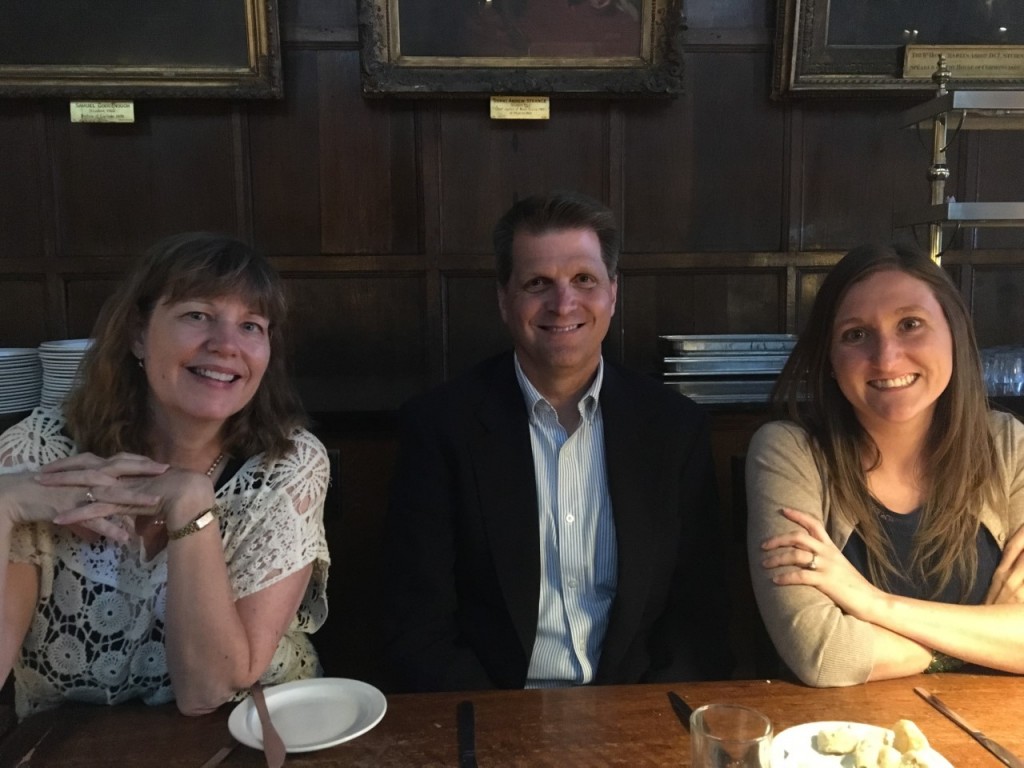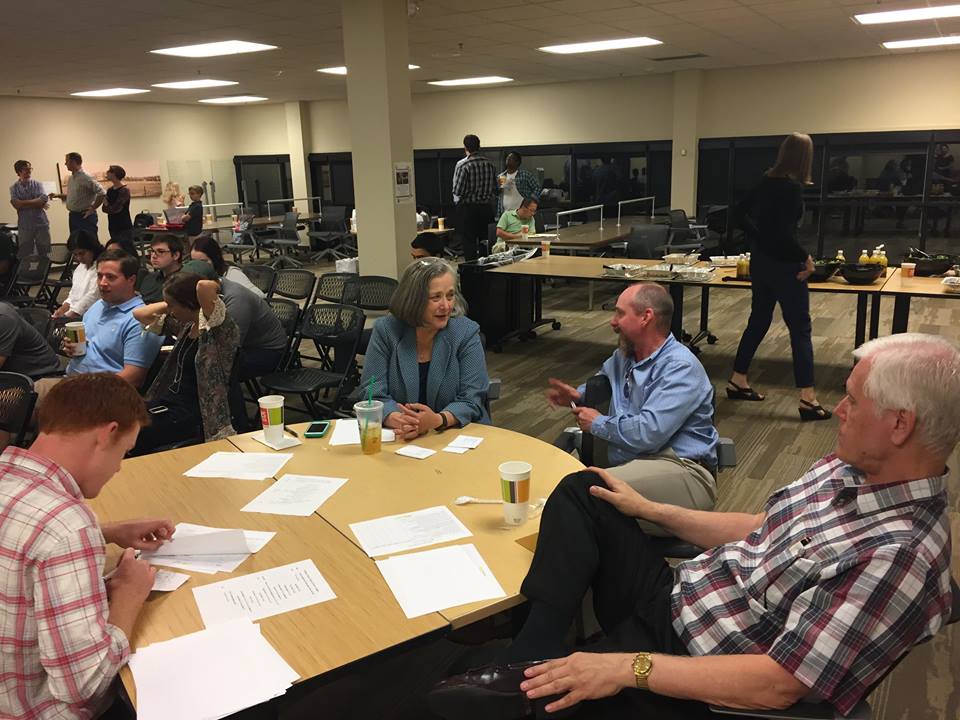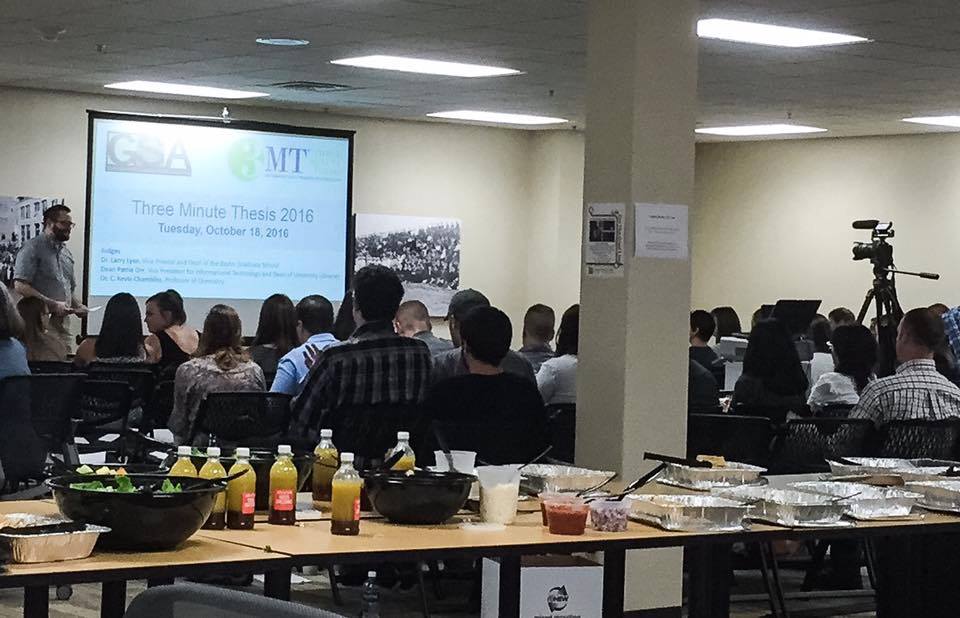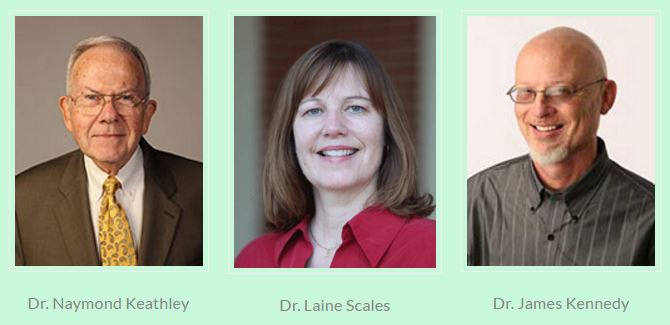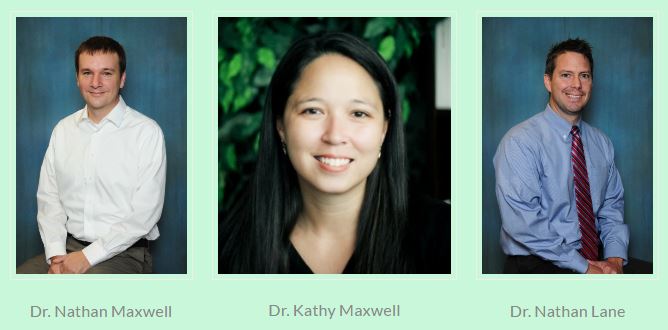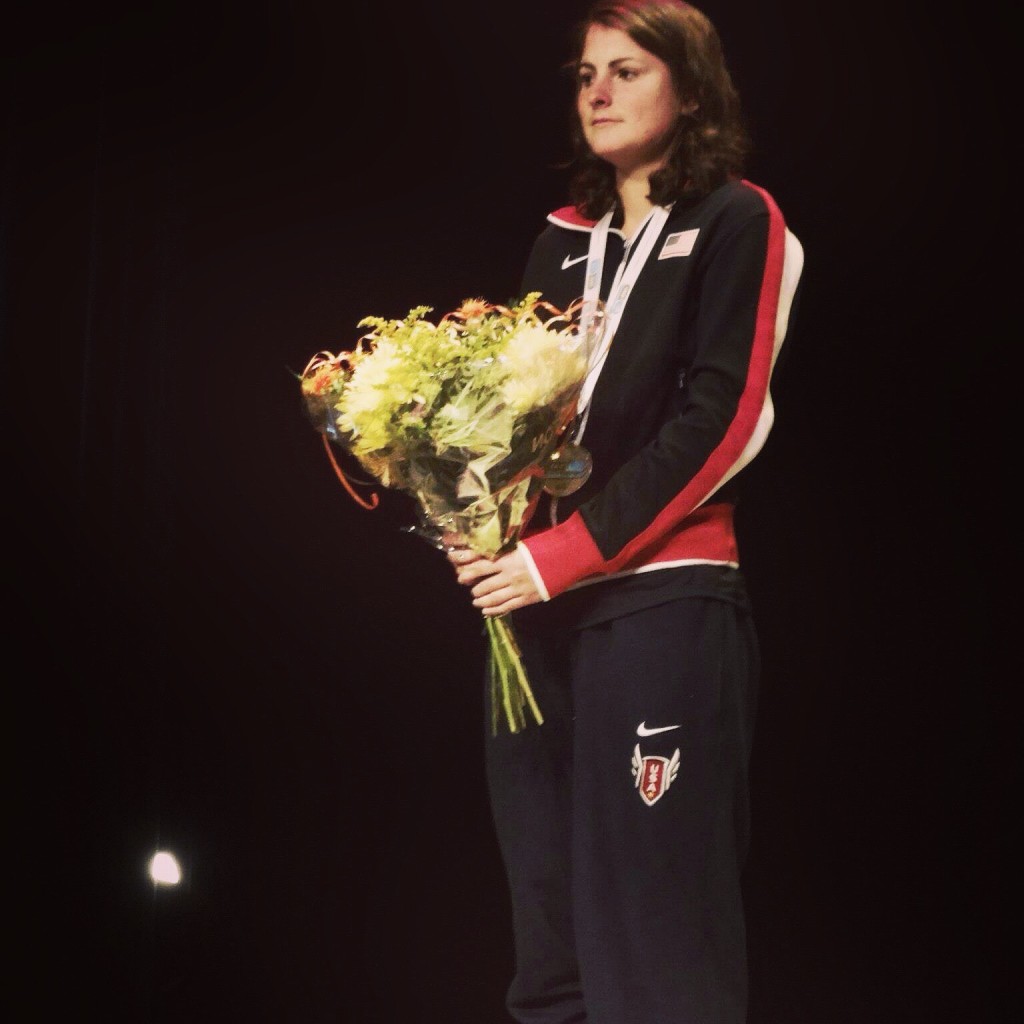In partnership with Baylor University, the IABCU began co-sponsoring the Baptist College and University Scholars Program in 2008. The BCU program sponsors Ph.D. and MFA students who completed degrees in IABCU schools and wish to serve as faculty members in Baptist schools. Scholars have a chance to maintain their ties to the larger Baptist community of higher education through focused study on Baptist identity and history, participation in events on faith and learning, and a chance to meet with the IABCU network of colleges and universities.
Many of us had a chance to meet BCU Scholar Stephanie Peek at our June gathering in Asheville. North Carolina. Her paper, entitled “Christian Education: Turning Tourists into Pilgrims,” offered attendees a glimpse into her personal educational journey and its influence on her as an educator. She argued that great teachers attempt to cultivate intellectual, social, emotional, and spiritual growth in their students. Teachers and administrators must live whole, well-rounded lives in order to teach their students to do the same. She offered thanks for the multitude of faculty and staff throughout her education who provided an excellent example of what it meant to lead a faithful life and instill those values in students.
Peek, a graduate of Southwest Baptist University and PhD Candidate in the Religion Department is currently finishing her degree in New Testament. She joined the Baptist College and University Scholars in 2012, and in the years since she has participated in various seminars, offered presentations on Baptist history and theology, and attended Baylor’s annual faculty retreat focusing on communal development and pedagogy. This past year, Peek was selected to receive the Schmeltekopf Fellowship awarded to one BCU student annually. As part of the fellowship, Peek was mentored by Dr. Robyn Driskell, Divisional Dean of Arts and Humanities, where she learned about various aspects of university administration.
Peek participated with other IABCU member schools in the Seminar for Academic Leadership held annually at Baylor University. The BCU Scholars program also sponsored Peek’s attendance at the Young Scholars in the Baptist Academy Seminar at Oxford University in July. The seminar this year was devoted to papers interacting with the work of the Baptist theologian Paul Fiddes. There she presented a paper entitled, “Sacrifice, Service, and Radical Inclusion: Participating in the Divine Critique According to the Gospel of Mark.”
As Peek nears completion of her degree program, she offers her thanks to her undergraduate sponsor, Southwest Baptist University, Baylor University and the IABCU for their continued support and for the opportunities she has been given to learn and grow as an educator and an academic.
Uploaded by Matthew Doyen
